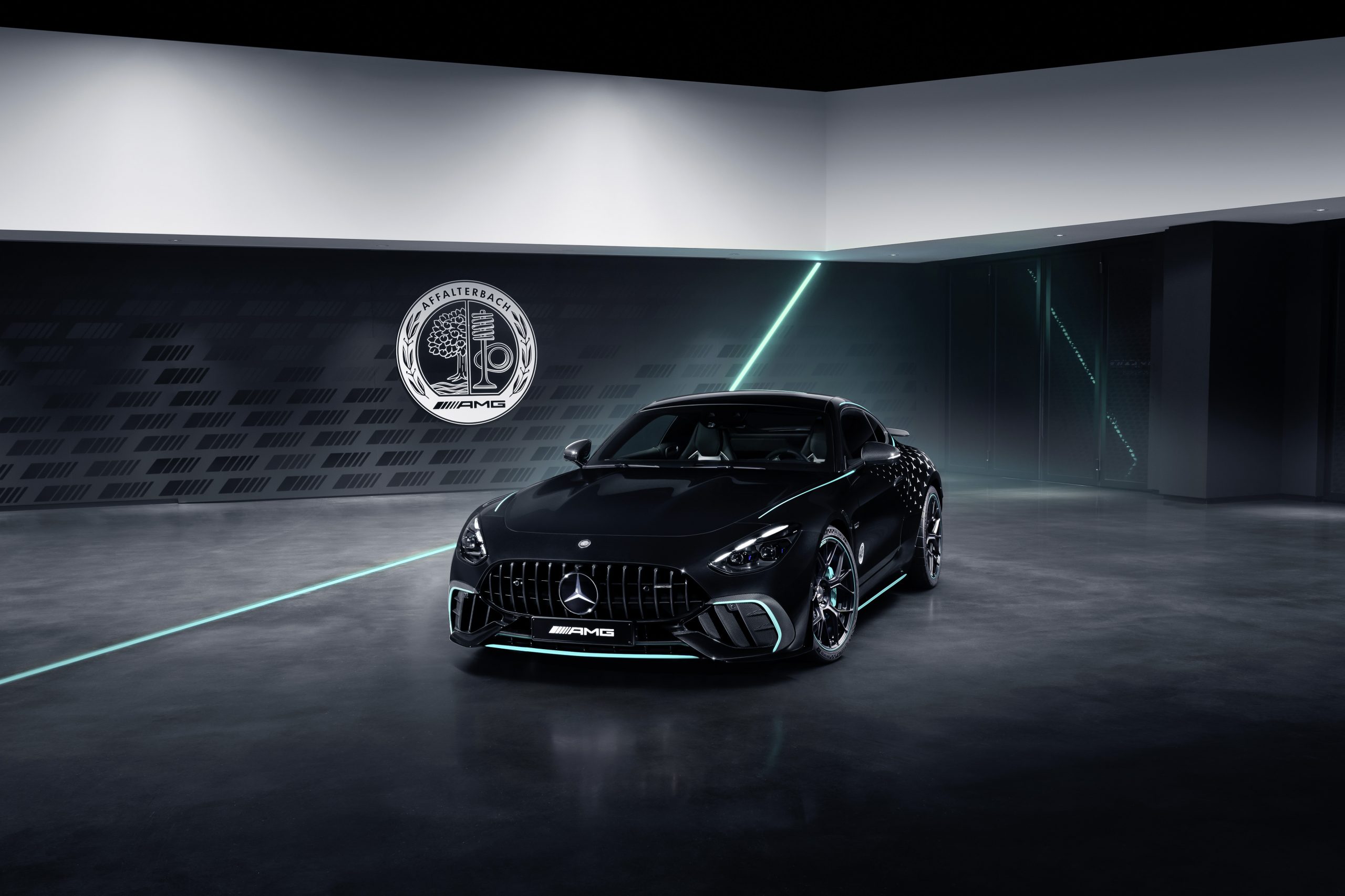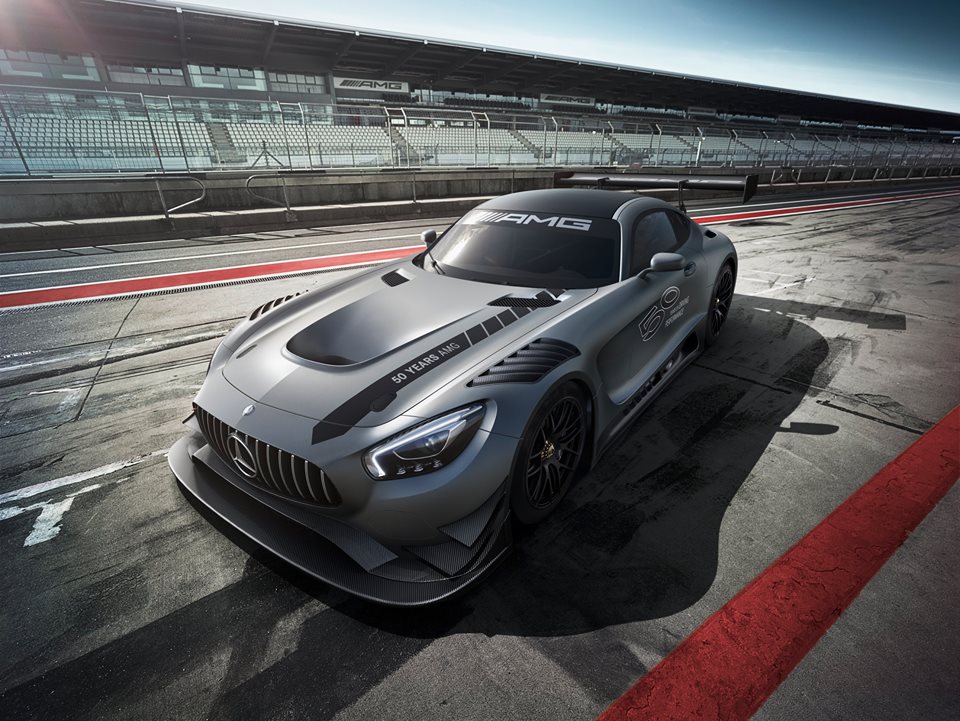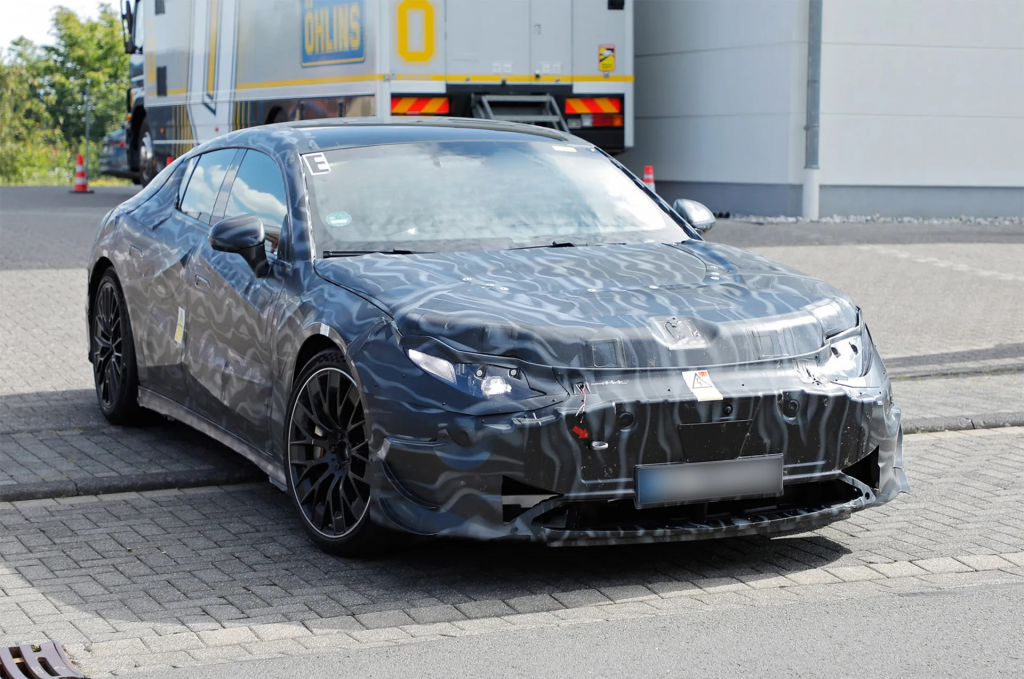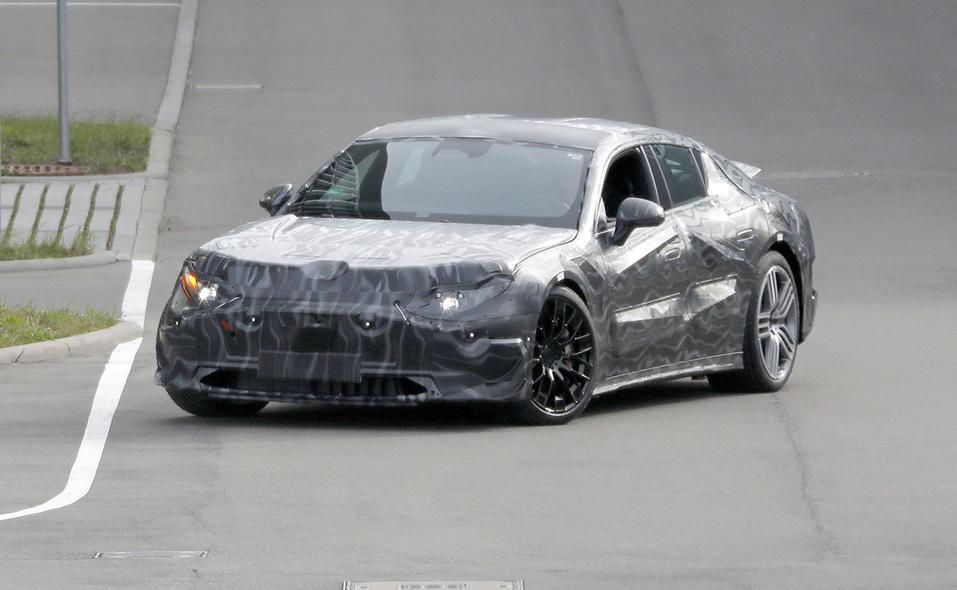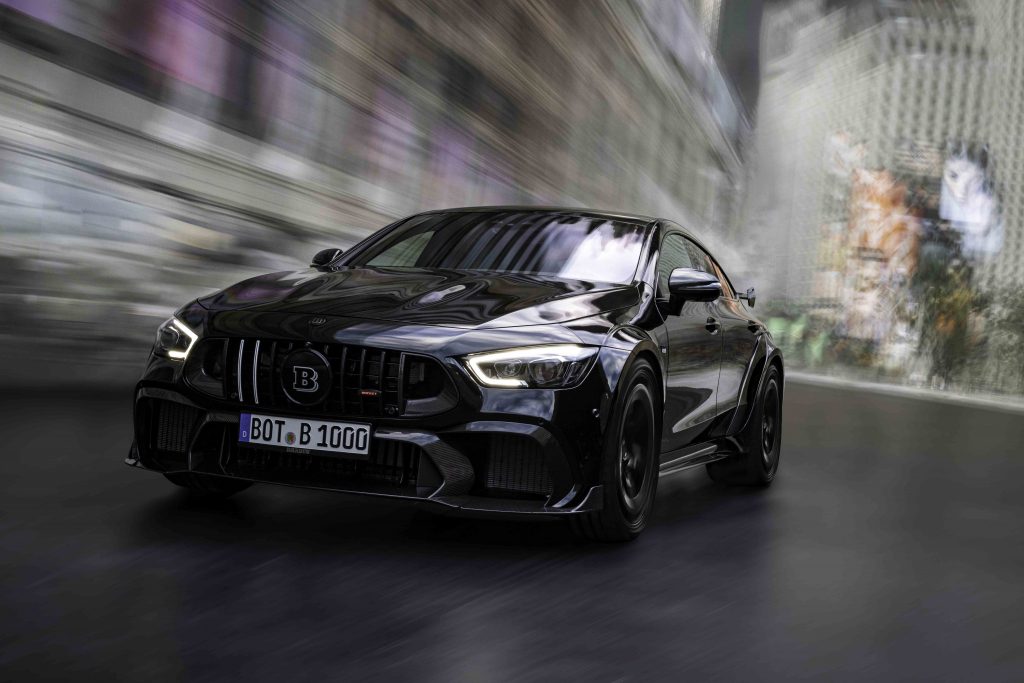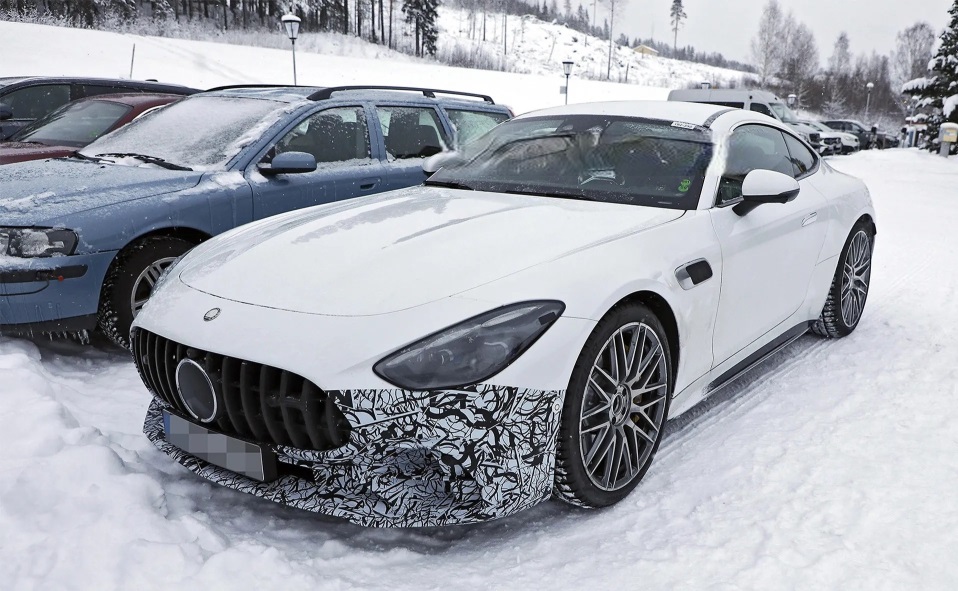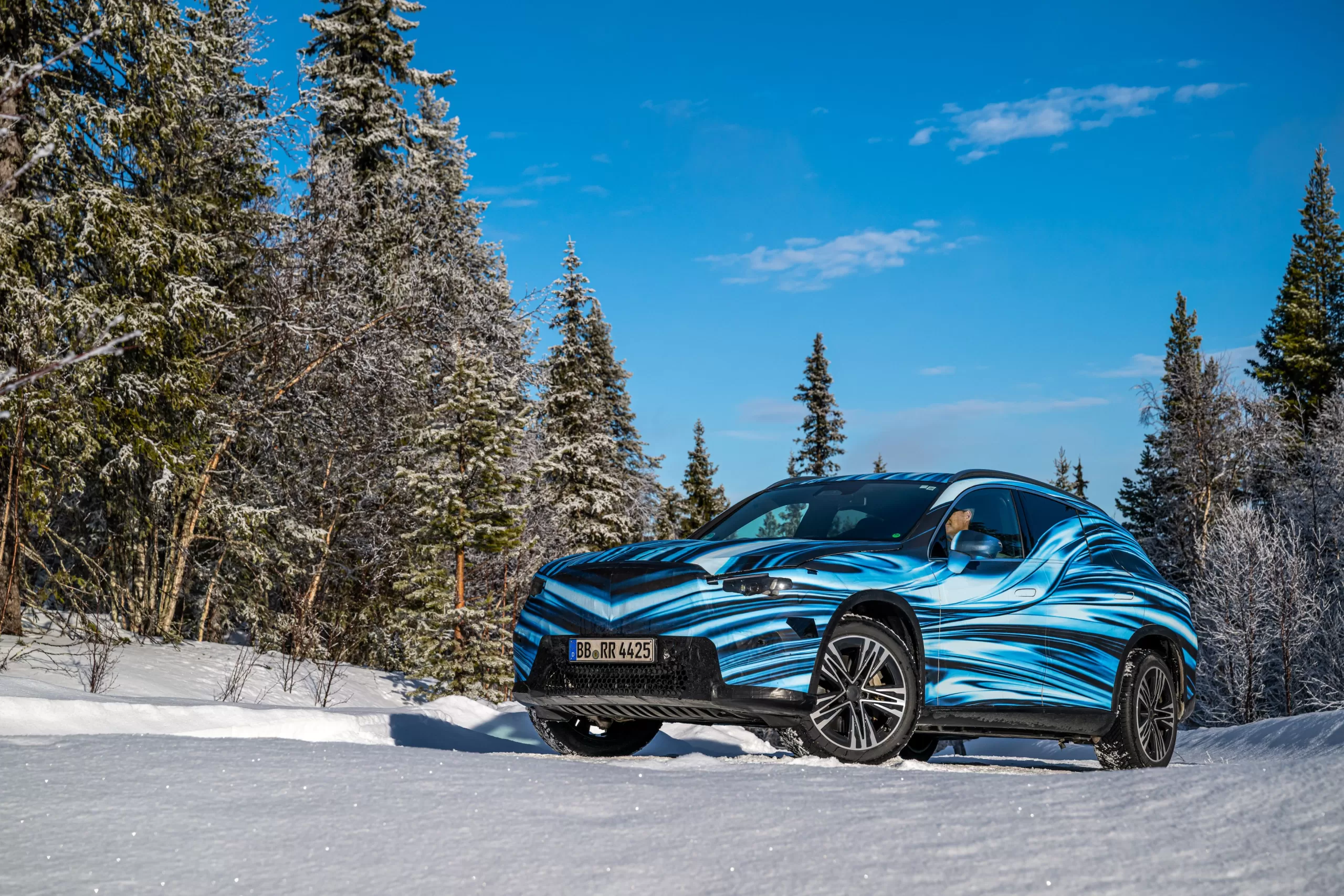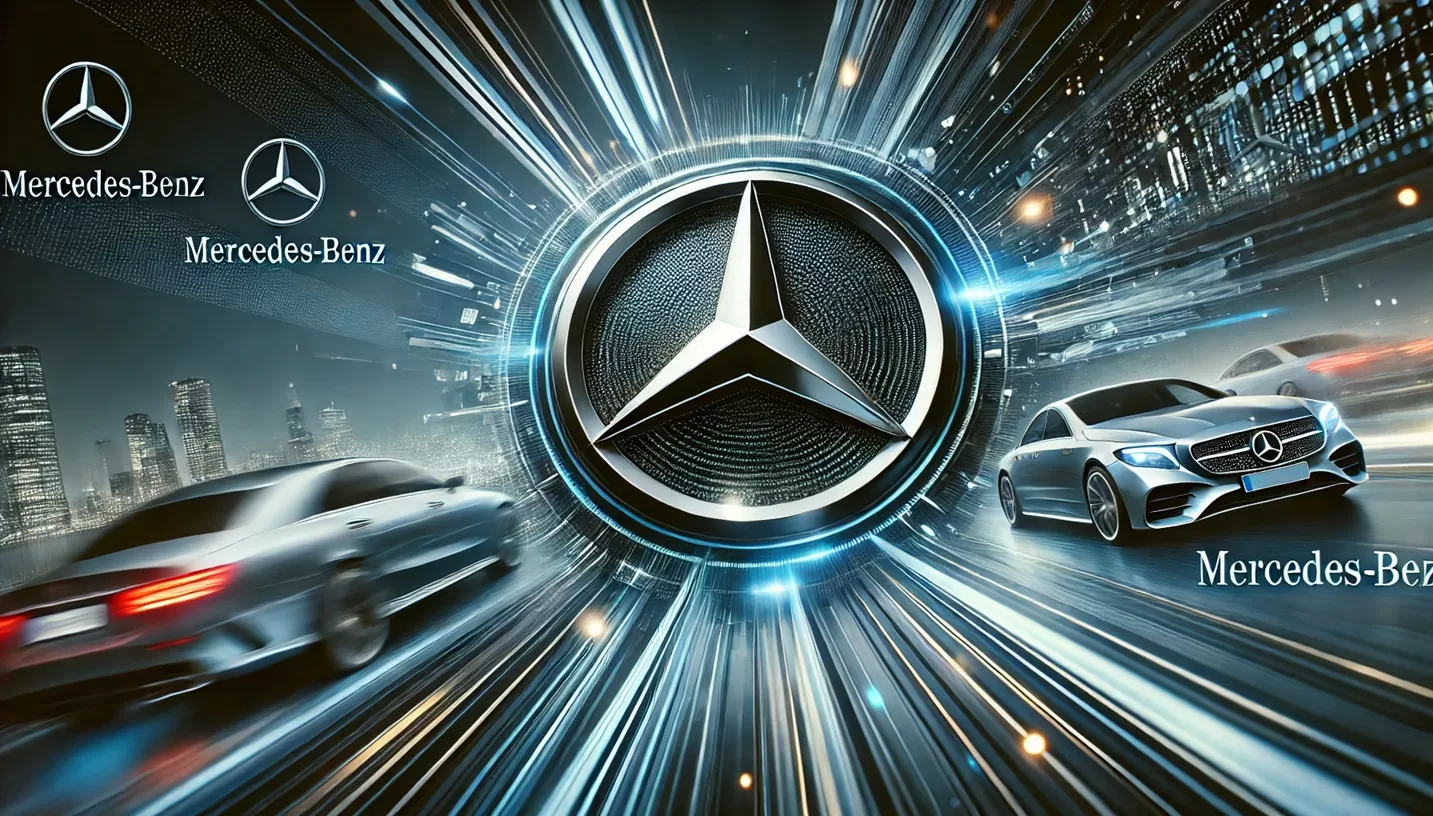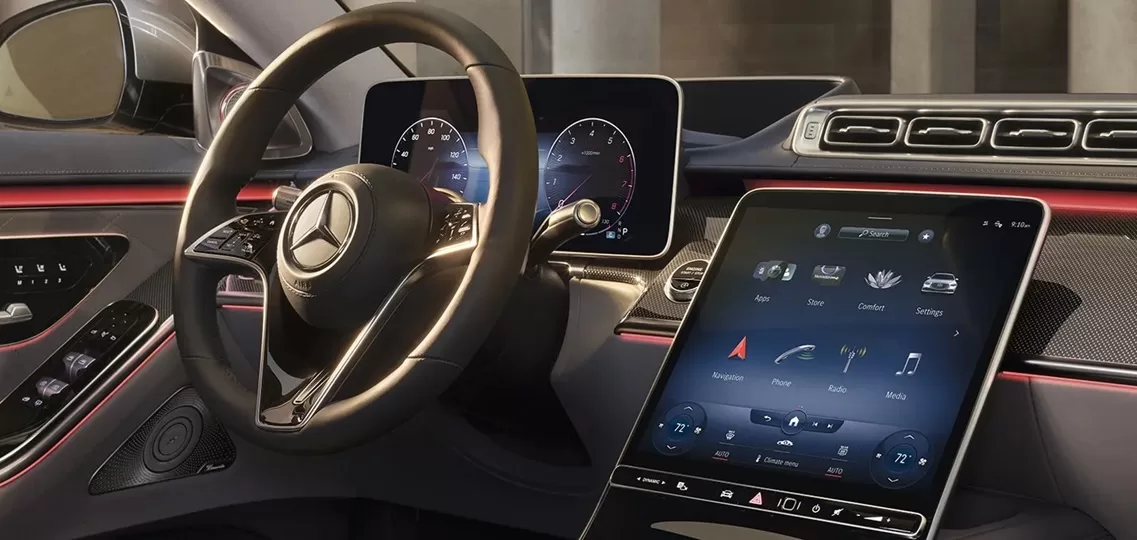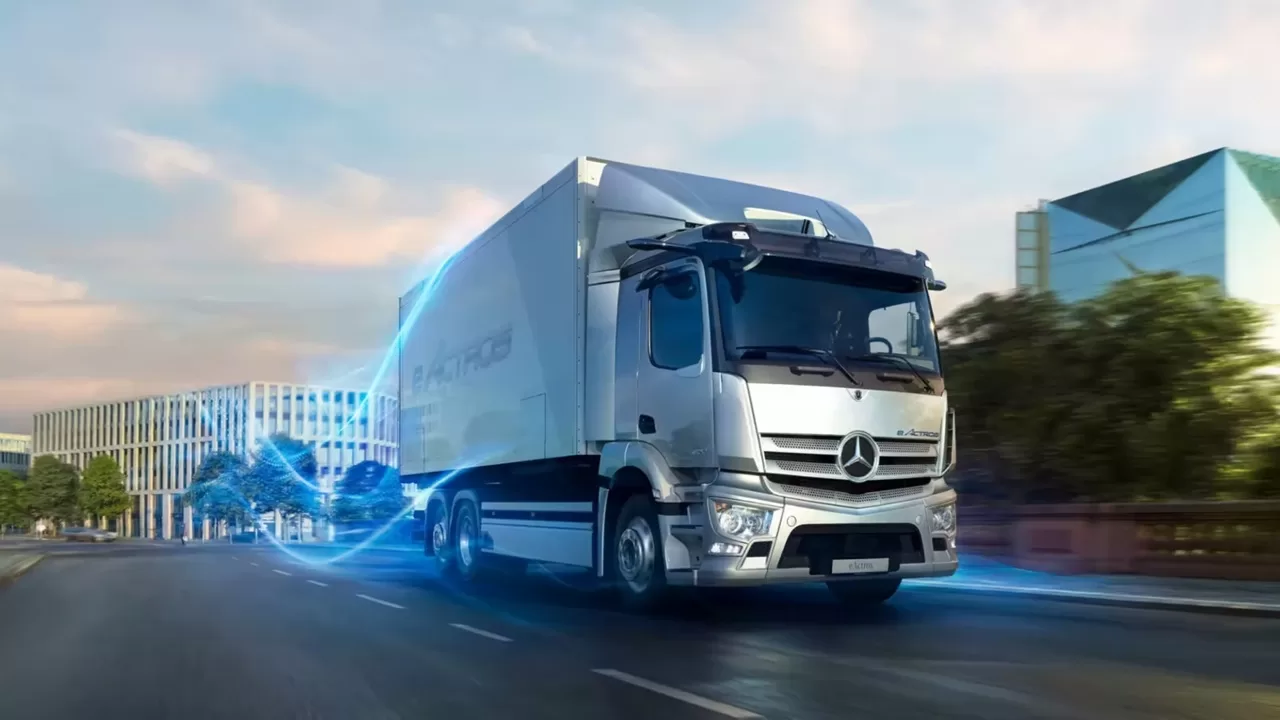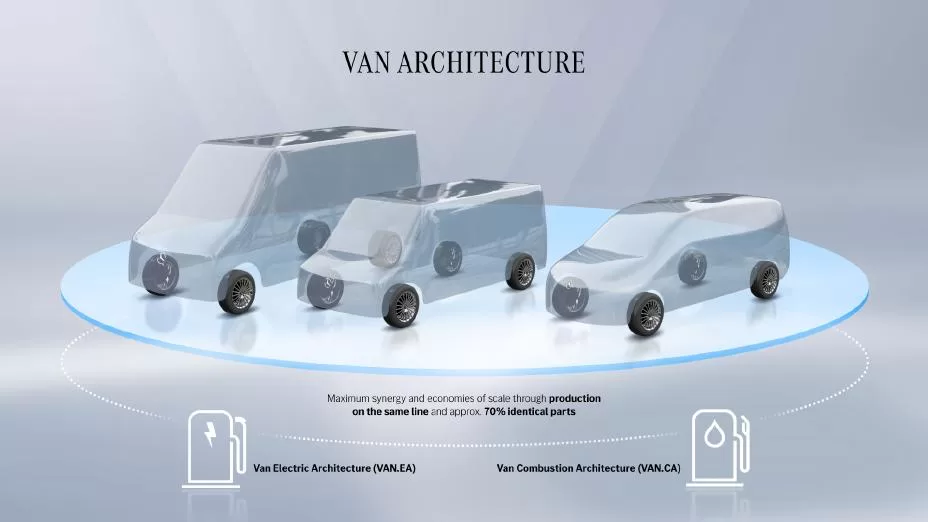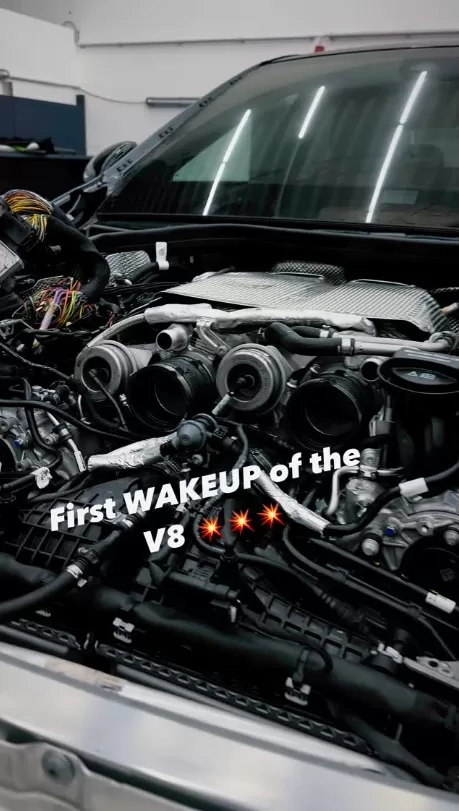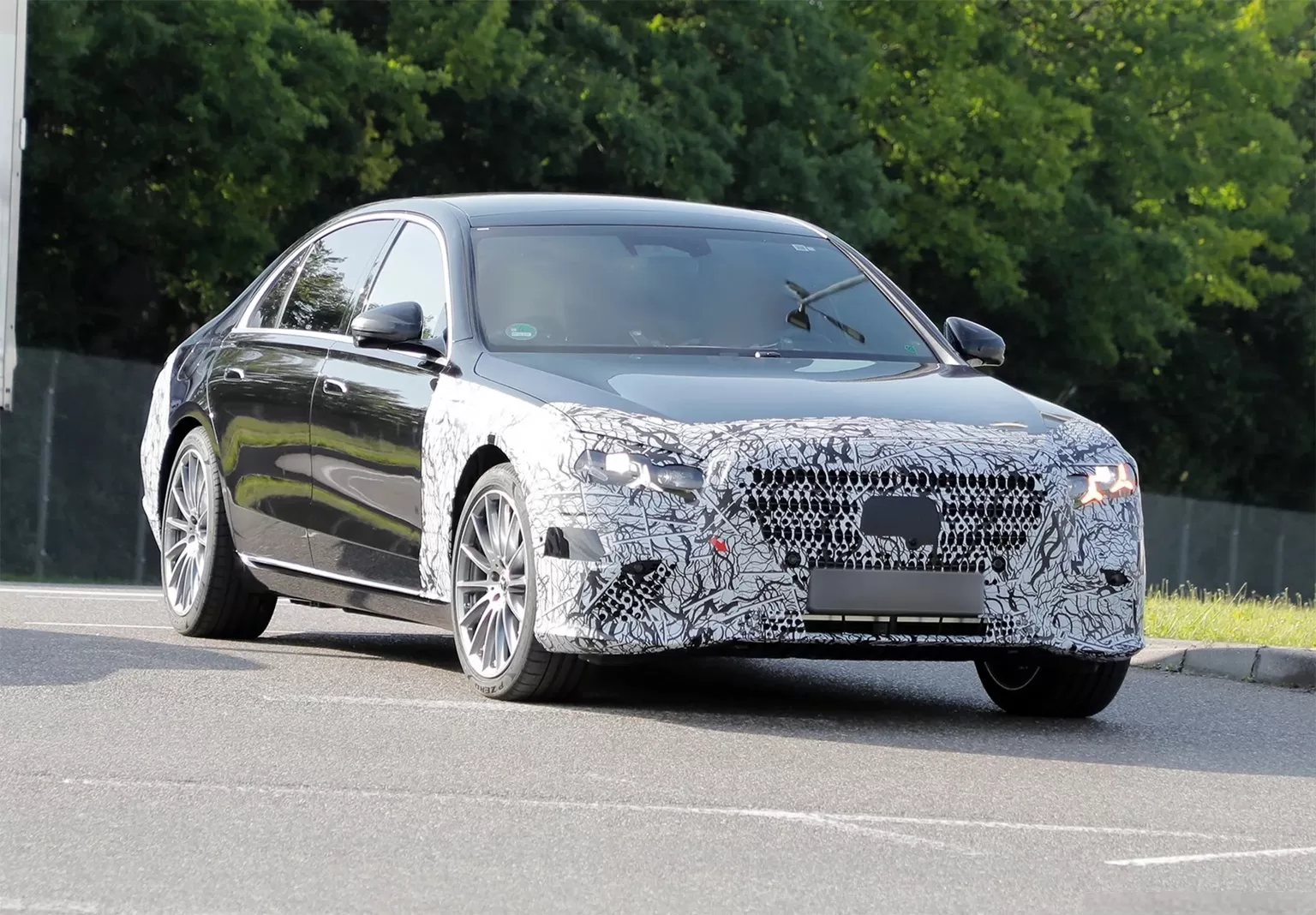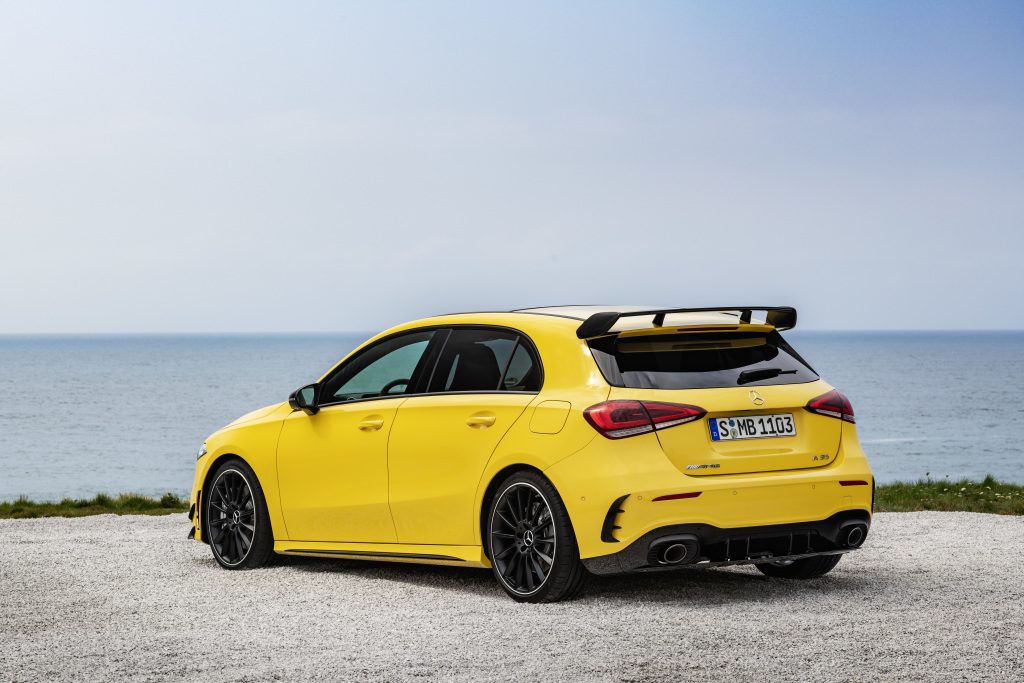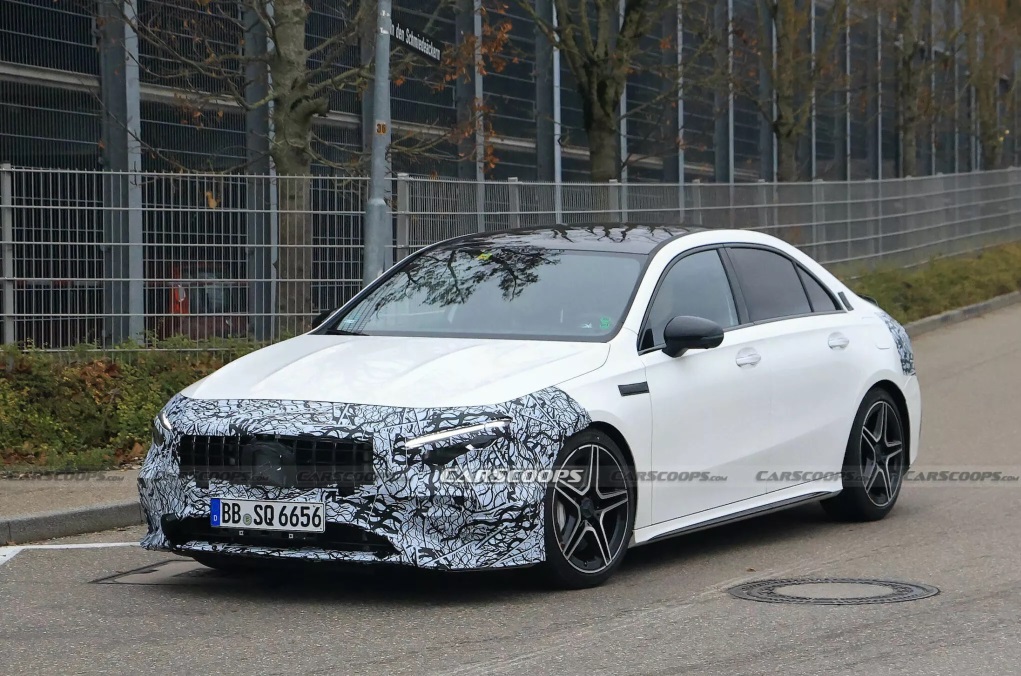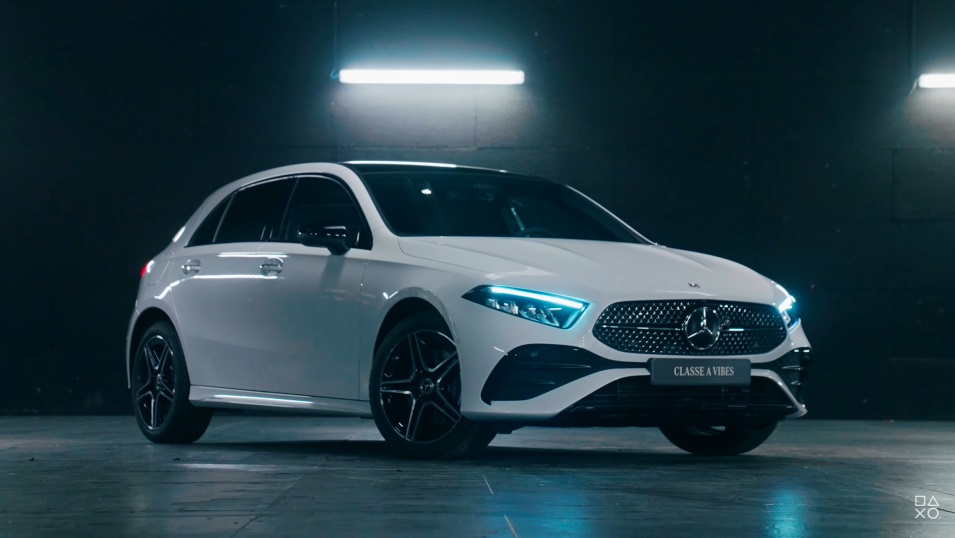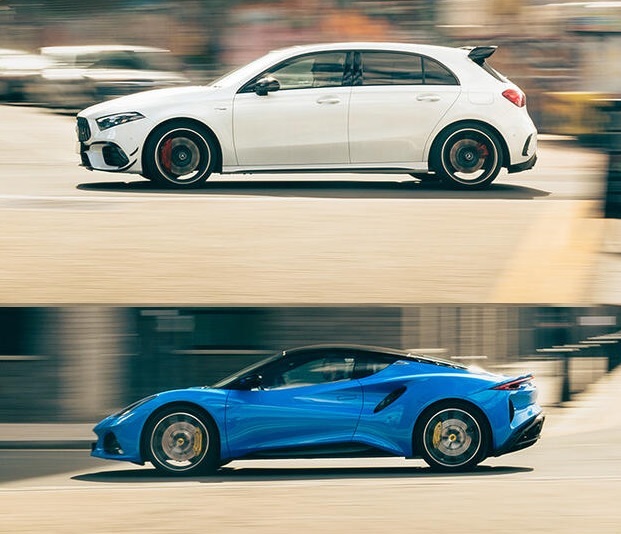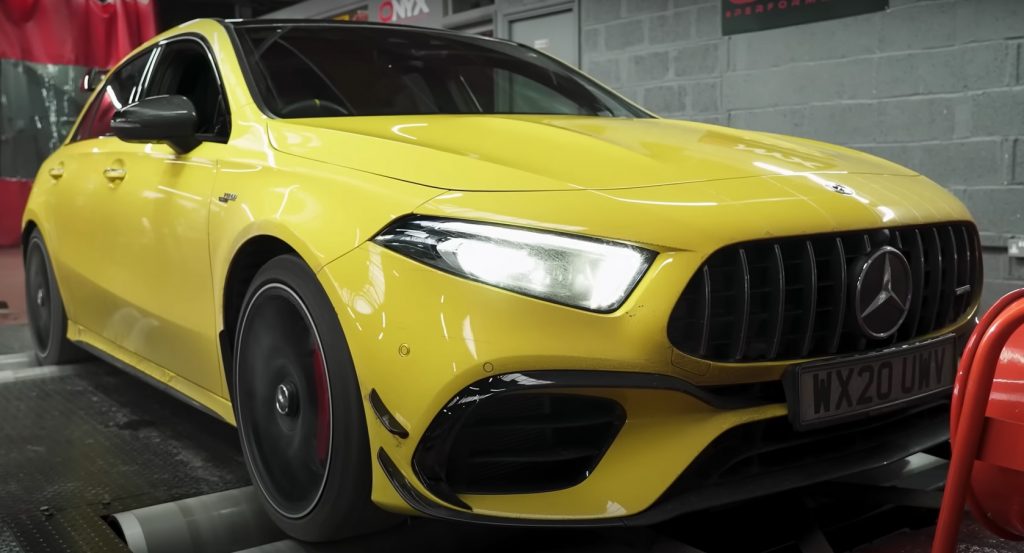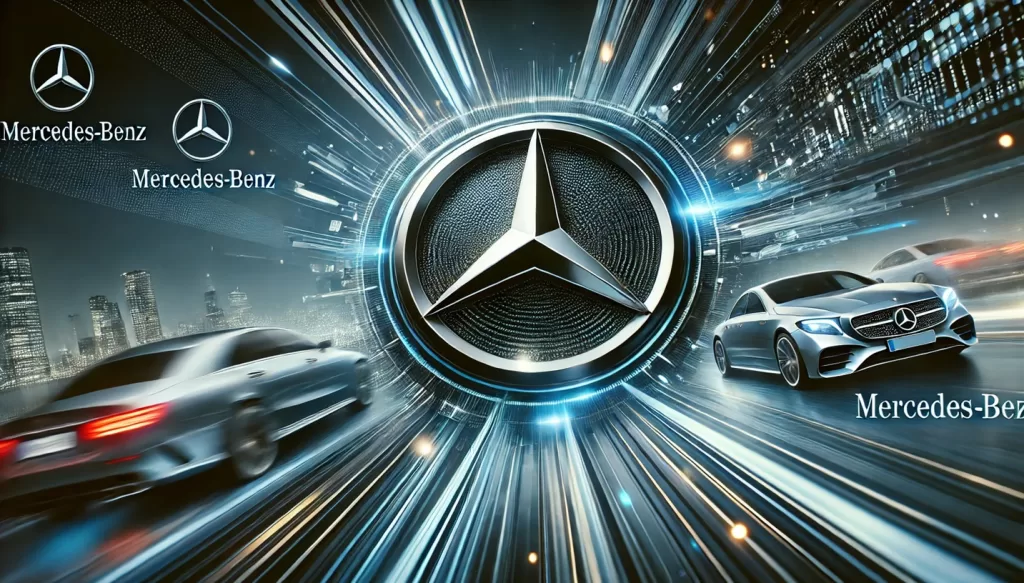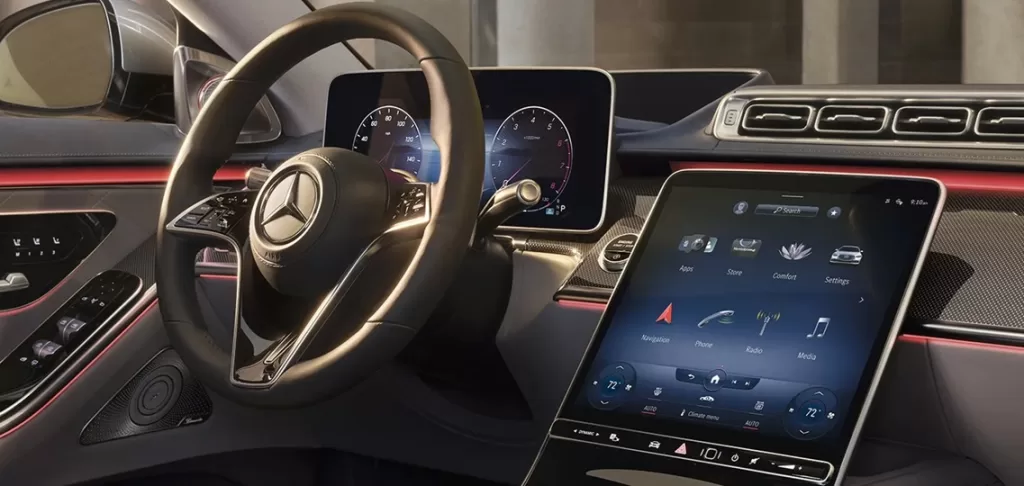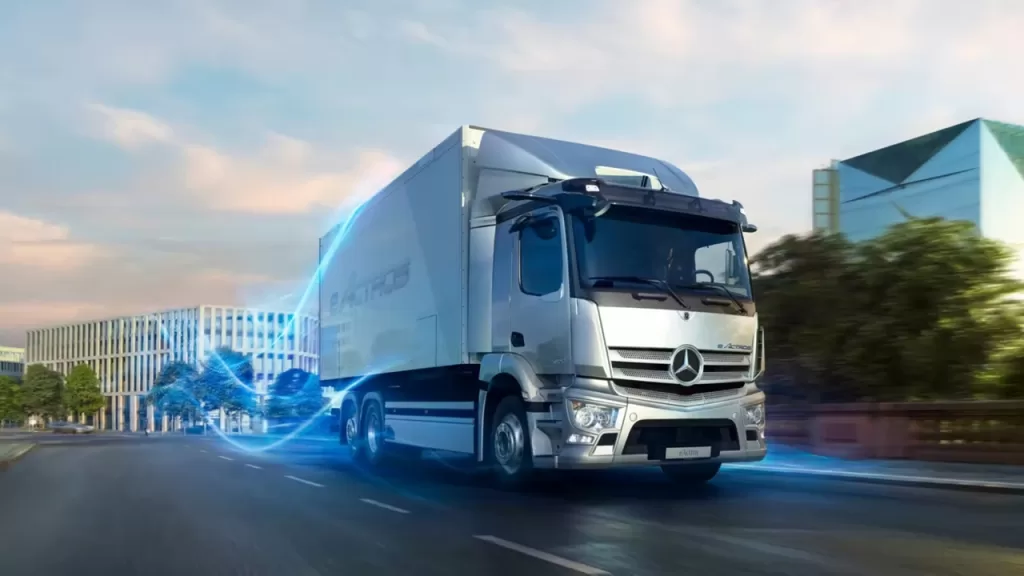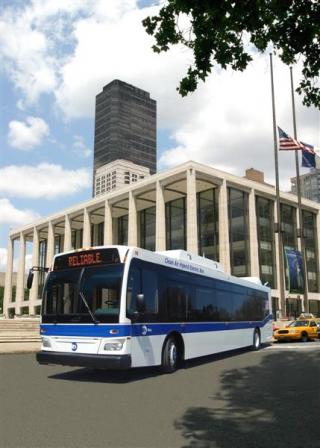
Daimler Buses North America has received orders totaling 1,052 Orion VII Next Generation diesel-electric hybrid transit buses from some of North America’s largest transit authorities.
MTA New York City Transit has ordered 850 and the City of Ottawa (OC Transpo) 202 Orion VII Next Generation diesel-electric hybrid transit buses. These buses will be powered by BAE Systems’ HybriÂDrive diesel-electric hybrid propulsion system and delivered into 2010.
With already 1,100 diesel-electric hybrid transit buses on the road, 460 pending deliveries and the announced new orders of almost 1,052 units, Orion received over 2,600 orders since the launch of the Orion hybrid bus in 2003.
“Daimler focuses on shaping the future of transportation through iniÂtiaÂtives for greater fuel economy and lower emissions in commercial vehicles,” said Andreas Renschler, Member of the Board of ManageÂment of Daimler AG and Head of Daimler Trucks Division. “In North America, where public-private partnerships create the right conditions, hybrid buses have proven to be an ideal solution for modern urban city transportation. With the orders announced today, we have again proven our leadership and responsibility in this field.”
This order will bring the MTA’s diesel-electric hybrid bus fleet to almost 1,700 units, making it the largest diesel-electric hybrid fleet in the world. With this order, Orion transit buses will account for almost 50 percent of MTA New York City Transit’s entire fleet.
OC Transpo has ordered 202 Orion VII Next Generation diesel-electric hybrid transit buses to be delivered by 2009. This delivery will make OC Transpo the third largest hybrid bus fleet in Canada.
The Orion VII Next Generation diesel-electric hybrid transit buses from Daimler are powered by BAE Systems’ HybriDrive® propulsion sysÂtem. This series hybrid system is driven by a single electric motor that is powered by a diesel-driven generator and an energy storage unit.
A majority of the deliveries previously mentioned will incorporate lithium-ion battery energy storage technology. The clean-diesel engine is smaller than that used in conventional buses and runs at nearly constant speed for clean operation and optimum efficiency.
To further boost efficiency, the vehicle has a “regenerative braking” system that uses the drive motor to slow the bus, effectively turning the motor into a generator that produces additional current to charge the energy storage system. The feature also reduces brake wear, reducing the need for brake maintenance.
Compared to standard diesel propulsion, these hybrid buses deliver up to 30 percent better fuel economy while greatly reducing emissions: 90 percent less particulate matter, 40 percent less NOx and 30 percent fewer greenhouse gases. Drivers and riders enjoy a quieter, cleaner and smoother ride.
“Orion has solidified itself as the leading manufacturer of diesel-electric hybrid transit buses in North America,” said Dr. Andreas Strecker, President and CEO of Daimler Buses North America. “As a manufacturer, employer and corporate citizen, it gives us great satisÂfaction to contribute to energy efficiency and emissions reductions in cities and communities. Further, we are extremely pleased with the new orders and the confidence our customers have in our products and our company. We look forward to delivering these new buses in the coming months.” Daimler Buses North America, headquartered in Greensboro, N.C. (United States), is a company of the Daimler AG. It combines three trusted commercial bus brands under one corporate structure: Orion transit buses, Setra motorcoaches, and the Dodge Sprinter shuttle bus.
Backed by the advanced technological expertise and financial strength of its parent Daimler AG, the global leader in commercial vehicles, Daimler Buses North America provides the commercial bus market with a powerful combination of product knowledge, resources, and service/support systems.


